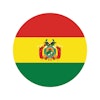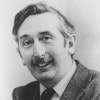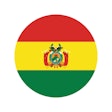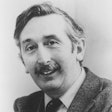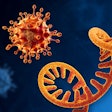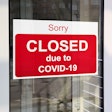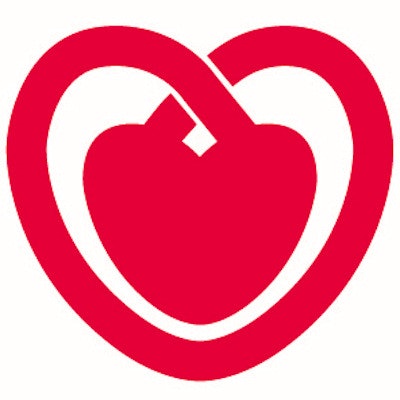
ROME - Tweeting cardiologists are an even rarer breed than tweeting radiologists, it seems. Scottish researchers could only identify 94 cardiologists who use Twitter, 55 of whom are based in the U.S., delegates at the European Society of Cardiology (ESC) annual congress learned on Tuesday.
"We had the strong impression that cardiology was underrepresented on Twitter, so we decided to investigate further," said Dr. Eilidh McGinnigle, a clinical research fellow at the Institute of Cardiovascular and Medical Sciences at Glasgow University and known to Twitter users as @Eilidhpinkchic.
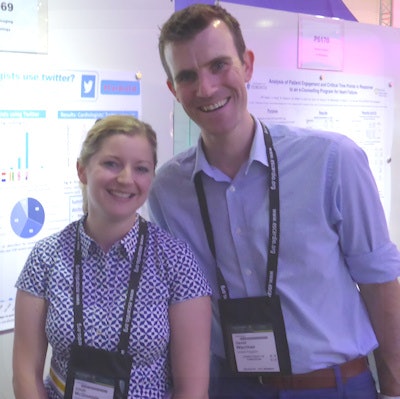 Twitter enthusiasts Drs. Eilidh McGinnigle and David Warriner.
Twitter enthusiasts Drs. Eilidh McGinnigle and David Warriner.McGinnigle and colleagues conducted a cross-sectional, observational study in January 2016. They examined users' account biographies and assessed a total of 8,676 tweets for content. Six of the 100 cardiologist users were eliminated because the accounts were either locked or English was not used.
In total, 80% of Twitter users were male. It took an average of 257 days for an account to post 100 tweets, the shortest being two days and the longest being 1,459 days. Also, 38 accounts posted at least one tweet per day while nine accounts posted more than 10 tweets per day. Of the tweets reviewed, 55% had original content, rather than being retweets, and 72% of accounts had been active in the past week -- all accounts were active in the past year.
Tweeting cardiologists' top subjects were intervention (23%), electrophysiology/devices/arrhythmias (9%), prevention (8%), imaging (7%), female cardiology (7%), adult congenital heart disease (4%), heart failure/transplantation (3%), and other (14%). In 25% of tweets, the topic was unclear.
Around 33% of tweets covered nonmedical topics, while 26% addressed cardiology and 7% medical education. Another 34% covered medicine, healthcare, and academia in general.
McGinnigle estimated that 90% of accounts fulfilled the U.K. General Medical Council (GMC) professional guidance for the use of social media in every tweet posted. She highlighted these key guidelines from the GMC:
- Maintain confidentiality and boundaries with patients.
- Respect colleagues and treat others fairly.
- Conduct should justify patients' trust in you and the public's trust in your profession.
- Medical information you post must be factually accurate.
- Identify yourself by name.
- Be open about conflicts of interest.
"The majority of cardiologists' Twitter accounts are active and tweet predominantly about work-related or educational themes, positively contributing to their own and others' continuing professional development (CPD)," the authors concluded. "The Twitter behavior of cardiologists reveals a unique, useful tool for CPD and for others to learn and engage from."


